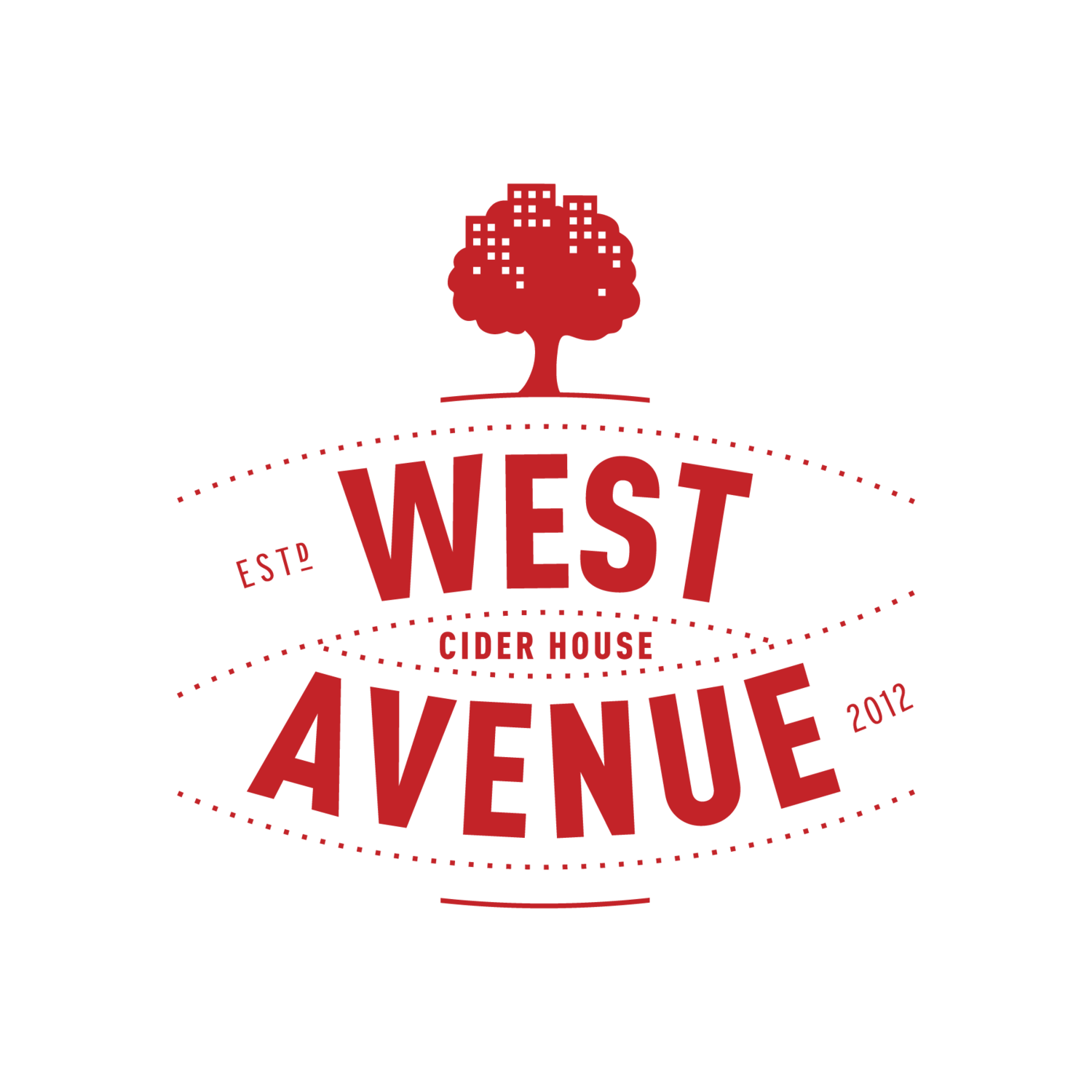Apple Varieties Crafting the Complexity of Hard Cider
Hard cider's allure is deeply intertwined with the types of apples used in its production. This beverage, a staple for many seeking a taste that's both refreshing and complex, owes its depth to the careful selection of specific apple variety. Each type of apple contributes unique flavors, aromas, and characteristics, making the cider-making process an intricate blend of science and tradition. Let’s dive into the apple varieties that are central to crafting hard cider and how they shape the drink's distinctive flavor profiles.
Bittersweet and Bittersharp Apples: The Foundation of Hard Cider
The hard cider palette often begins with bittersweet and bittersharp apples, valued for their tannin content. These tannins provide body and complexity. Bittersweet apples, with their blend of sweetness and astringency, add a robust character to cider. In contrast, bittersharp varieties offer a mix of sharpness and aromatic intensity, contributing to the cider's acidity and depth. Varieties such as Dabinett and Kingston Black are staples for their balanced contributions of sweetness, acidity, and tannins.
Culinary and Dessert Apples: Brightness and Accessibility
In addition to bittersweet and bittersharp apples, culinary and dessert apples like McIntosh and Gala play a crucial role. These apples are celebrated for their inherent sweetness and juicy profile, adding a layer of fruit-forward brightness to the cider. They help to balance the more intense tannins of bittersweet and bittersharp apples, making the final product appealing to a broader audience with their familiar, approachable flavors.
Heritage Apples: A Nod to Tradition of Hard Cider Making
Heritage apples are treasured for their historical significance and unique flavors, which range from spicy to nutty to richly fruity. Varieties such as Roxbury Russet and Northern Spy not only connect us to cider-making traditions of the past but also contribute a remarkable depth and complexity to contemporary ciders. These apples are essential for creating ciders with a rich tapestry of flavors, reflecting the diversity and history of apple cultivation.
The Influence of Terroir
The concept of terroir — the specific environmental conditions where the apples are grown — plays a significant role in shaping the flavor of hard cider. The soil type, climate, and even the specific location of the orchard impart unique characteristics to the apples, influencing everything from their sweetness and acidity to their aromatic qualities. This is why cider makers carefully select apple varieties that are best suited to their orchard's terroir, ensuring that each batch of cider is a true reflection of its origin.
The art of cider making is deeply connected to the choice of apple varieties. Bittersweet and bittersharp apples lay the groundwork with their complex tannins, while culinary and dessert apples add contrasting brightness and sweetness. Heritage apples bring depth and a connection to the cider's historical roots. Together, these apples create a beverage that is rich in flavor and history, offering a diverse range of profiles to suit any palate. Understanding the impact of these varieties helps cider enthusiasts appreciate the craftsmanship behind each bottle, revealing the careful balance and selection that defines the essence of hard cider.
As an award-winning cidery located in Ontario, we are dedicated to crafting ciders that reflect the best of local and heritage apples, embracing the diversity of flavors that nature offers. Each bottle of West Avenue Cider is a celebration of the rich orchard terroir and the meticulous art of cider making. Discover the depth and variety of flavors in our ciders by visiting us at West Avenue Cider.
